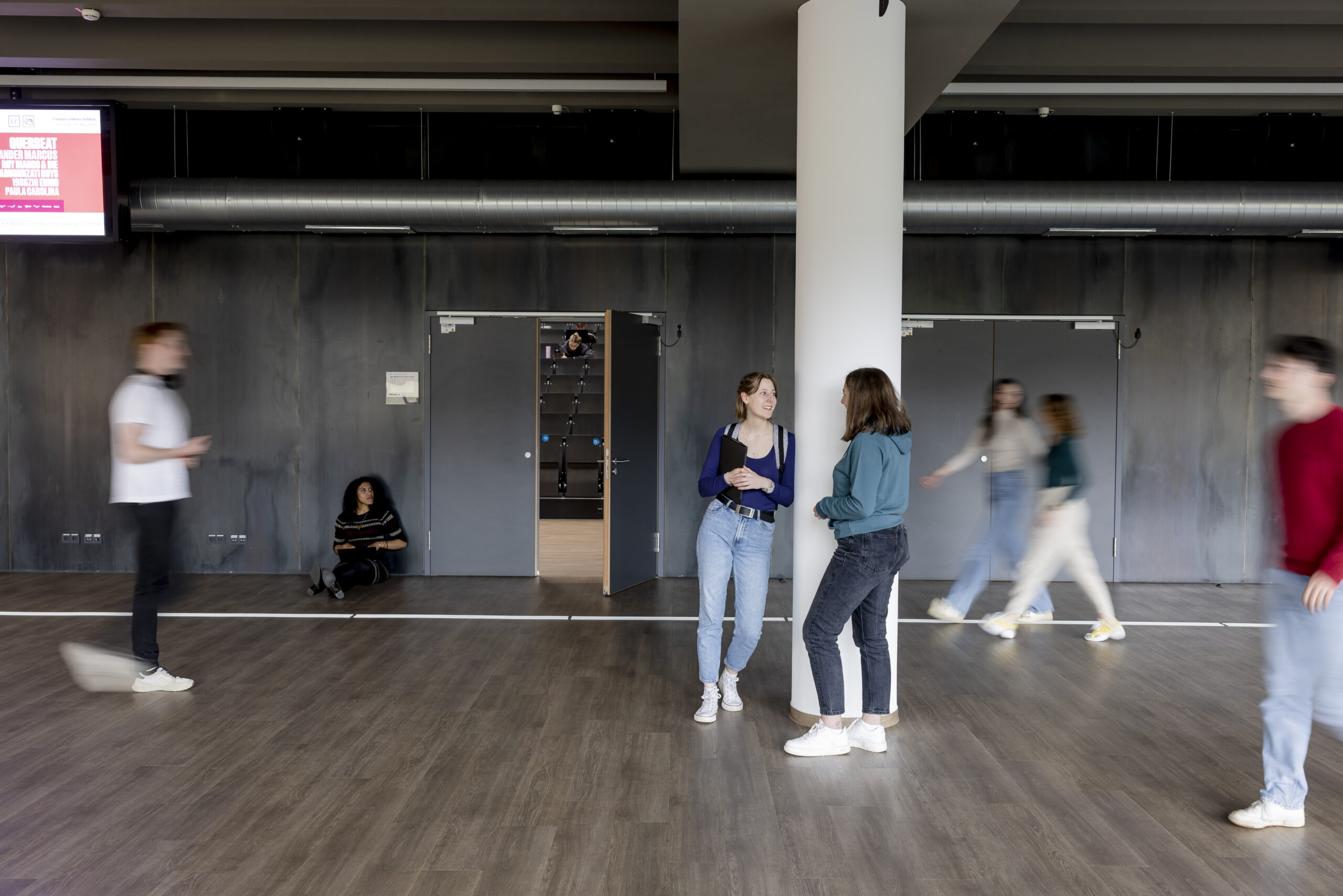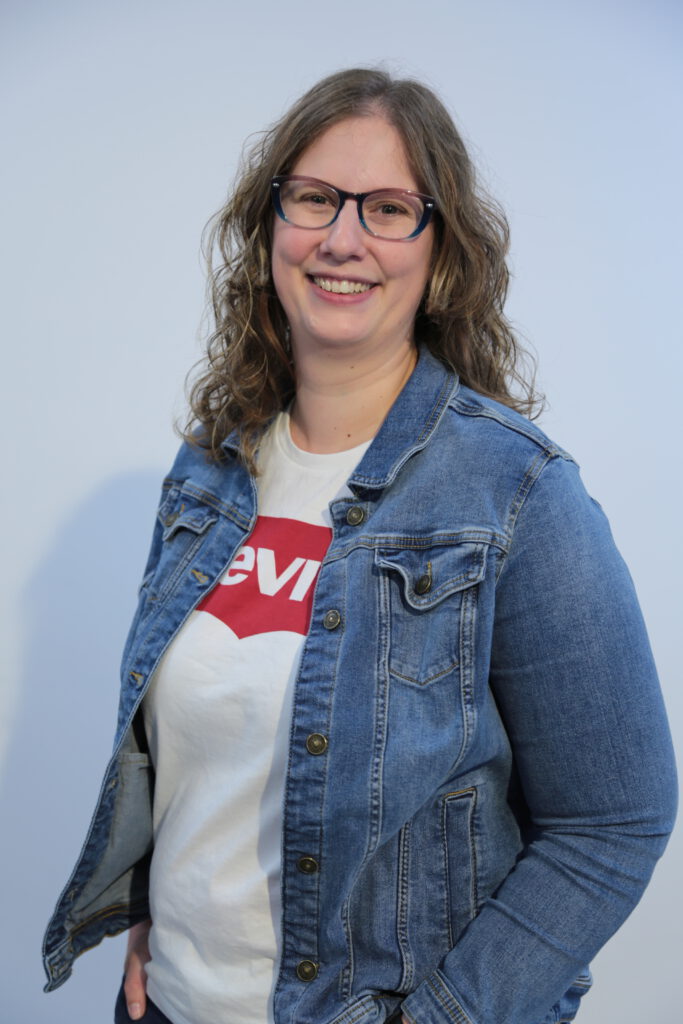
Bachelor
Supplementary subject Film Studies
Short info on the supplementary subject
| Restricted admission | Standard period of study | Start of studies |
| no | 6 semesters 12 semesters (part-time) | Winter semester |
Authorisation procedure
The degree program is admission-free, you can enroll directly without an application.
The supplementary subject can only be selected in conjunction with a core subject in study model B and D of the Faculty of Arts and Humanities!
Enrolment deadline
16 July – 29 August 2025
completion
Bachelor of Arts
Further information about the degree programme
Language of instruction
German
The supplementary subject
In the supplementary subject Film Studies you will get to know the history, aesthetics and theories of film close to the material. We watch films and film excerpts in seminars and analyze them. You will get to know a wide range of popular films, international genres and experimental art films – from arthouse cinema to blockbusters. In addition to classic feature and documentary films, we also deal with cinematic media such as videos on platforms and film on social media. We ask how films are structured, what they tell, how they look and how their aesthetics have developed.

5 Reasons to Study Film in Siegen
Learn how film works
✓ Practice in the student film workshop
✓ Not only analyze films, but also produce them yourself
✓ Methods and research fields of film studies
✓ Theory and analysis close to the material
Career prospects
The supplementary subject Film Studies ideally complements your core subject if you want to learn the tools to analyze, criticize and design cinematic media. This allows you to work in the film and television industry, but also in the field of social media, film funding, foundations, film journalism, film archives, science and education (with a master's degree).

This is what Katharina Würden-Templin says about her course of study:
‘Hurrah, I'm studying film!’
Read more
What makes a good story and how do you tell it so that the audience stays curious? Since a professional training on this topic, I have been concerned with this question. I cheerfully read books about scriptwriting, tried to discover the stages of the hero's journey in films and divided stories into three acts just for fun.
But over time I realized that my thirst for knowledge was too great and that these gadgets could not erase it. Could a study be able to do that? At the "Open University" at the Lower Castle in Siegen, I got advice on subject combinations and the courses offered by the Media Studies Seminar immediately thrilled me. That's what I wanted to learn!
So I took the plunge into the adventure of ‘secondary studies’ – and now find myself in lectures on film and image analysis, engage more intensively than ever before with dramaturgy (my absolute dream!), try photography and image editing with Photoshop, train my scientific thinking and am happy that my knowledge of films and media grows from week to week. I have already been able to apply many new insights in my life and in my work in the media sector. I find the coexistence of students and lecturers to be friendly, familiar and attentive.
Class I find that the study perfectly combines theory and practice; If you want, you can gain even more practical experience in the numerous student initiatives. Participation in other scientific events is also possible. I attended a conference of the Screenwriting Research Network, where I was able to get a taste of the research air and learn even more about screenplays. It's great!
By the way, I chose the University of Siegen because I had already completed my first degree here and have many fond memories of it. My thirst for knowledge is in good hands here. Hurray, I'm studying film!
Study structure
In the subject bachelor's degree program of the Faculty of Arts and Humanities, you can combine different subjects in a variety of ways:
| compartments | 1-subject course of study | Studyable as Advanced core subject | Core subject | Complementary subject |
| Christian Theologies from an Ecumenical Perspective | ✓ | ✓ | ||
| Digital Media and Technologies (1) | ✓ | |||
| European business communication | ✓ | |||
| Film studies (1) | ✓ | |||
| history | ✓ | ✓ | ✓ | |
| History of Art (Faculty II) | ✓ | |||
| Literature, culture, media | ✓ | ✓ | ✓ | ✓ |
| Media Management (Faculty III) (2) | ✓ | |||
| Media studies | ✓ | ✓ | ✓ | |
| philosophy | ✓ | ✓ | ✓ | |
| Play and Games Studies (1) | ✓ | |||
| sociology | ✓ | ✓ | ✓ | ✓ |
| Social Sciences in Europe | ✓ | |||
| Language and communication | ✓ | ✓ | ✓ | ✓ |
| Economics (Faculty III) | ✓ | |||
2: Media management can only be studied in combination with media studies as a (extended) core subject.

Advice and contact
Make an appointment now at:
info.studienberatung@zsb.uni-siegen.de
or by phone at: 0271 740-2712
(Mon – Thu: 9 a.m. - 4 p.m. / Fri: 9 a.m. – 12 noon)